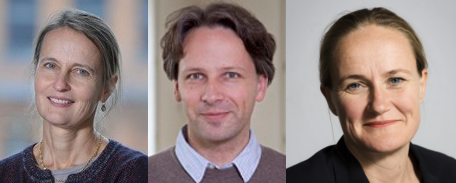
The European Union’s fundamental principles of free movement of persons and non-discrimination challenge the traditional closure of the welfare state. Whereas this appeared largely unproblematic before Eastern enlargement, the increased heterogeneity in economic development and welfare provision among EU Member States has spurred fears about potential welfare migration. JEPP’s most recent special issue on “Free movement and non-discrimination in an unequal Union” edited by Susanne K. Schmidt, Michael Blauberger and Dorte Sindbjerg Martinsen addresses this increasingly salient subject. The special issue brings together a collection of articles of the TransJudFare project as well as other experts to explore the current dynamics, scope and limits of free movement and equal treatment for EU citizens on the move.
The contributions are covering three main issues: One part is discussing the normative basis and the legal evolution of EU citizenship, free movement and cross-border access to social benefits. Another part analyses the politicisation of free movement from the perspective of individual attitudes and domestic institutions. A third part examines the theoretical and empirical nexus between European free movement and its reconciliation with the welfare state’s need for closure with regard to social benefits and study grants.
By analysing free movement and equal treatment from multiple perspectives, this special issue adds to several core debates in current EU studies. This includes the (im)balance between liberal market freedoms and social protection; the relative power of judicial and political decision-making in the EU; the gap between abstract EU legal principles and Member State implementation on the ground; and, lastly, the differences between actual problem pressure and patterns of politicisation.